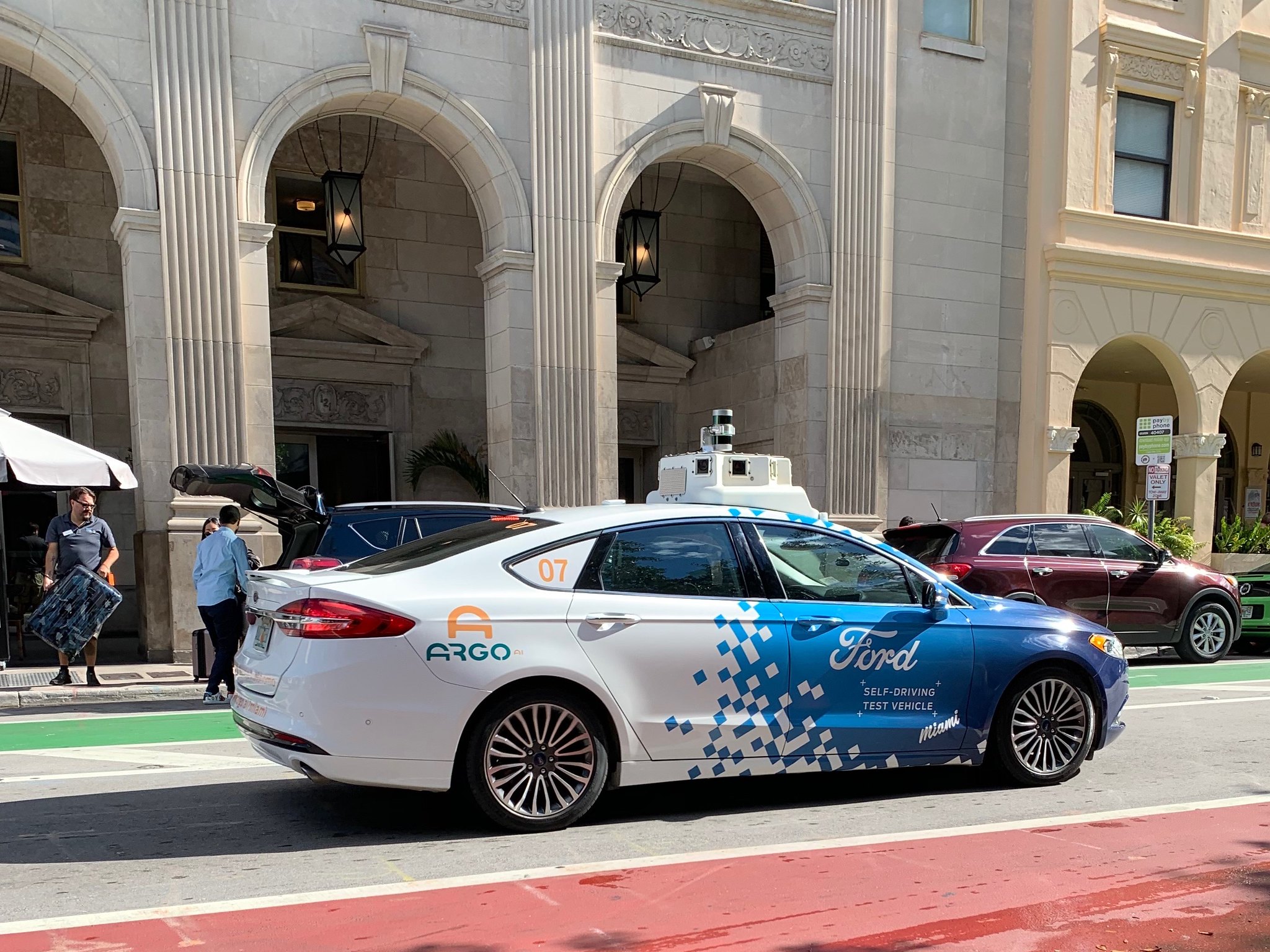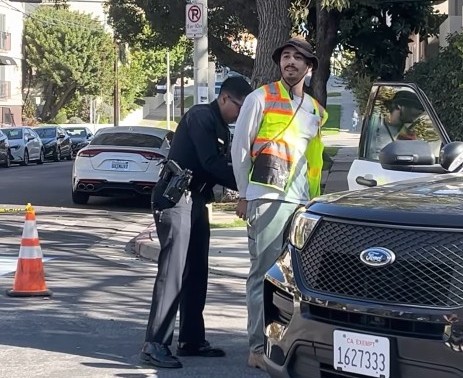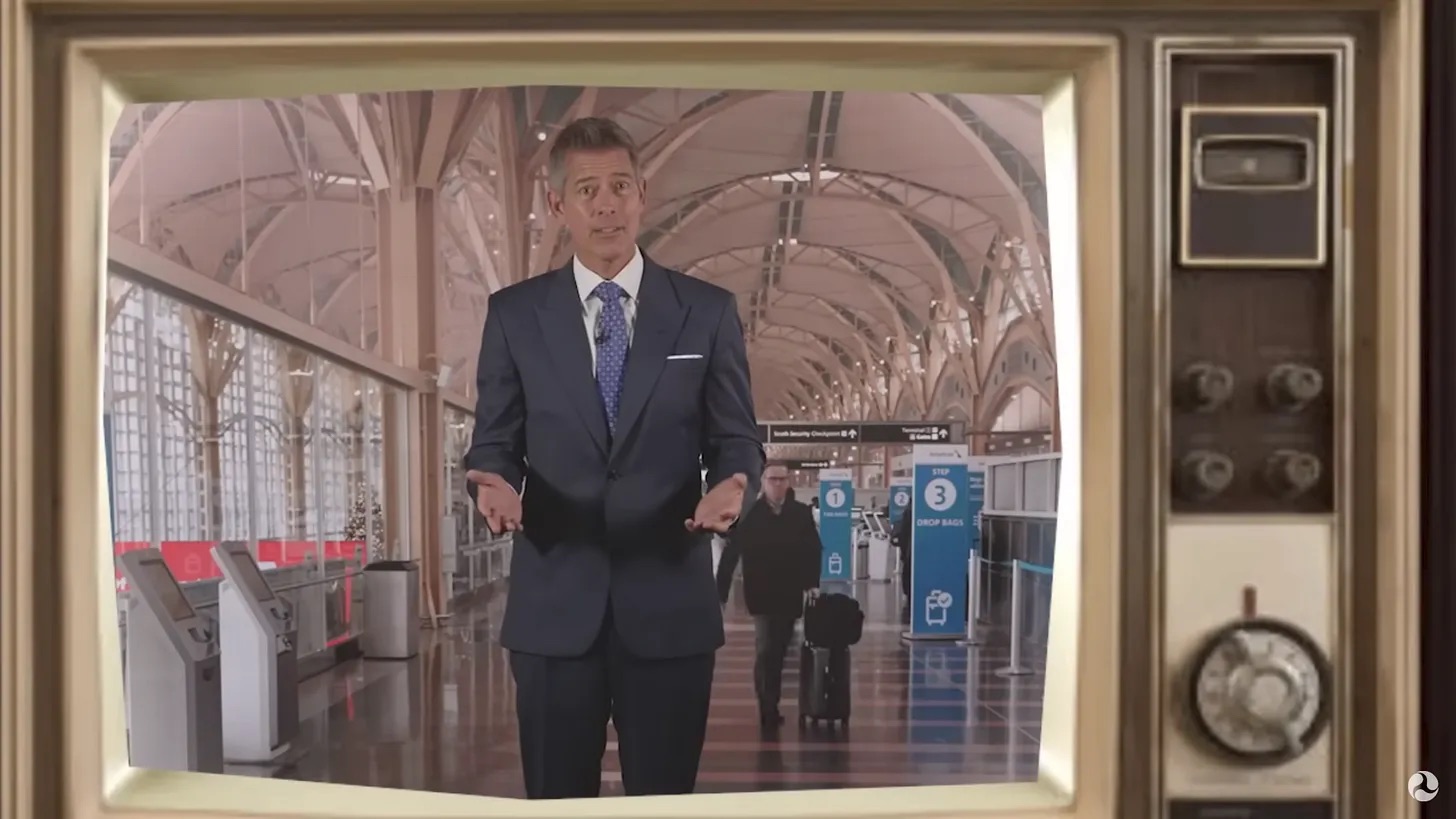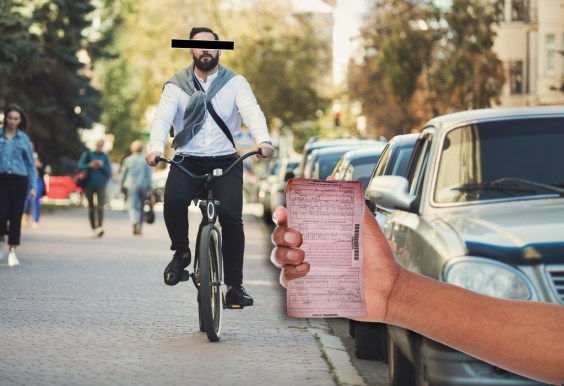Gaps in state and local budgets, new federal investments in rail improvements, and growing expertise in public-private partnerships have all combined to make the present moment an intriguing time for private-sector investment in passenger rail.
Andy Kunz of the US High Speed Rail Association has said he supports private sector operating agreements on publicly-owned rail lines. And the California High Speed Rail Authority is looking to attract as much as $10 billion in private investment to the construction and operation of a high-speed line connecting cities from Los Angeles to San Francisco.
House Transportation and Infrastructure Committee Chair John Mica (R-Florida) has been an outspoken proponent of greater private sector involvement in passenger rail. At a hearing last week, Mica promoted the privatization of the Northeast Corridor, stripping operating rights from Amtrak.
Yonah Freemark of the Transport Politic says not so fast. A look at privatization schemes abroad shows that involving the private sector isn't necessarily a prerequisite to success and makes a strange proposition for the already-profitable NEC:
Focusing on operations alone, the [House Transportation and Infrastructure] committee compared Amtrak’s performance with that of Virgin Trains, which has since 1997 held the contract to operate the United Kingdom’s West Coast Main Line, connecting London with Birmingham, Manchester, and other cities. Mr. Mica made the claim that Virgin had been operationally profitable and been able to pay the government usage fees, compared to Amtrak, which he noted was subsidized.
This was an odd comparison to make, not only because Amtrak is operationally profitable in the Northeast Corridor, but also because Virgin’s history of operating trains in the U.K. has not been scot-free.
Though ridership has increased more than expected, on-time performance of Virgin trains have never reached levels above 90%. Instead of paying £1 billion to the government as originally planned in the contract, the company actually received what were effectively £590 million in operating subsidies between 2002 and 2006, according to the National Audit Office (much of which was due to the government’s own poor contract writing).
The irony for Mr. Mica is that Amtrak, especially in the Northeast, has been acting much like a private, profit-motivated company would. The company has prioritized profitability in its operations over expanded ridership: The growth of intercity buses between the region’s largest cities has been met with little decrease in rail prices, and that’s because Amtrak knows it can fill its trains even at higher fares. The continued operational profitability of the corridor in the face of this competition is indicative of this fact.
Freemark notes that the biggest obstacle to Amtrak's success is posed by Federal Railway Administration regulations that would have an equally adverse effect on a private operator.
Elsewhere on the Network today: Portland Transport is carrying the results of an academic study that calls into question one of the most sacred tenets of old-school transportation planning: that reducing congestion through road building helps curb air pollution. Market Street Railway celebrates the return of streetcars to the streets of San Diego. And Urban Milwaukee examines how urban agriculture and New Urbanism can coexist.






